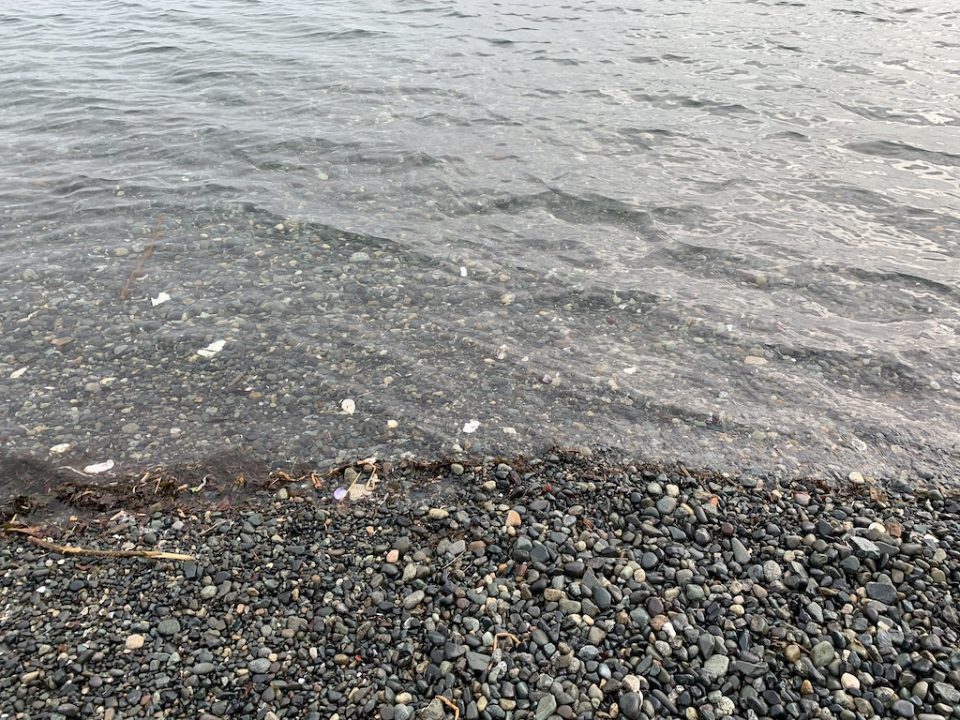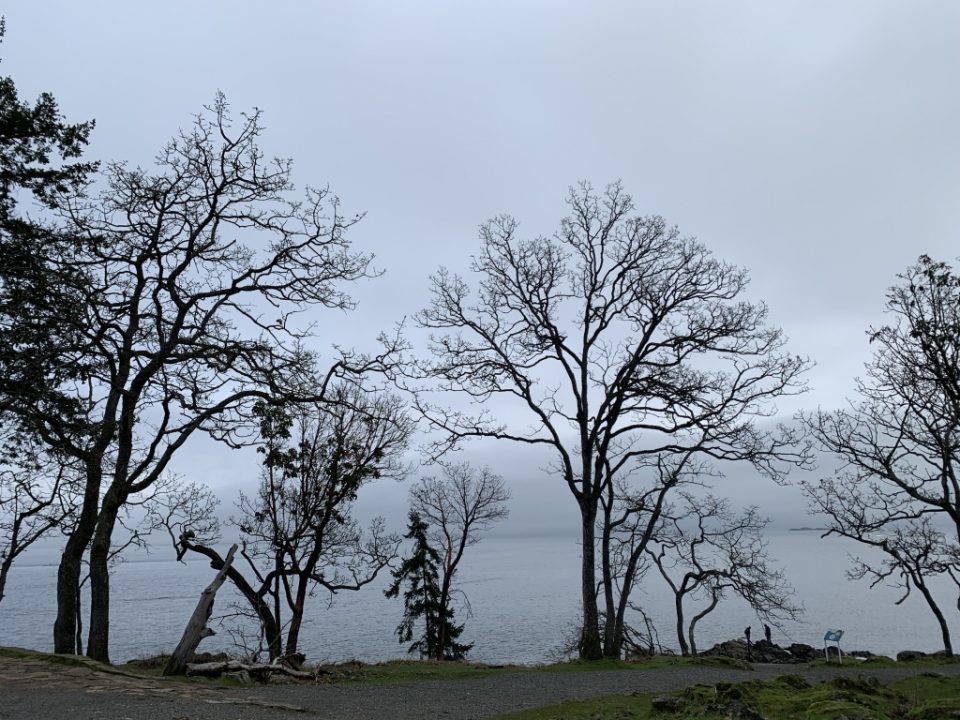Restoring social’s promise

I recently had the privilege of sitting on the closing panel at Victoria’s Social Media Camp.
The largest conference of its kind in Canada, the event brings together the brightest and best from around the world to exchange ideas, share learning, and offer insight into the ever-changing world of social media and digital marketing.
The theme of this year’s conference was ‘Restoring Social’s Promise’ and speakers and panelists were asked to examine the theme in their presentations throughout the two-day event.
The largest conference of its kind in Canada, the event brings together the brightest and best from around the world to exchange ideas, share learning, and offer insight into the ever-changing world of social media and digital marketing.
The theme of this year’s conference was ‘Restoring Social’s Promise’ and speakers and panelists were asked to examine the theme in their presentations throughout the two-day event.
I shared the stage with the founders of Social Media Camp, Paul Holmes and Chris Burdge, and the sassy Beverley Theresa, a social media strategist from Alberta.
While the panel didn’t agree on any actual promises made by social media when it debuted a little over a decade ago, we did agree that most of us entered the social media environment with shiny expectations.

Early adapters were excited about the potential for opening channels of communication worldwide, building new relationships of trust, and having unlimited access to new ideas and information. The potential for consultation and collaboration and the possibilities for consumer research, product development and customer service were off the charts.
We were eager to teach others how to use this new technology, and even though we enjoyed a certain nerdy exclusivity within our early ’net communities, inclusivity became our mantra. The implied promise, at least, was that connectivity and access would bring positive change to the world.
By getting to know each other, we would come to love each other. Naïve? Perhaps.
I remember the early days on Twitter, and when 40 was a large number of friends on Facebook. The online community was a small, but positive one, where we navigated a new kind of etiquette based on respect for different points of view in a culture of shared resources and collaboration. Ah, the good old days.
A decade later, where do we find ourselves? We are existing in online silos, creating bubbles around ourselves where we unfriend or unfollow those whose opinions differ from our own. We are overwhelmed, and stressed, experiencing information overload and tech addiction. Inundated with fake news, we are holding ‘conversations’ with robots in the newsfeeds. The real conversations we’re engaged in online have become unfiltered and toxic, with hit-and-run rudeness and baiting becoming the norm.
Screen time is replacing family time, and online bullies are thriving.
It’s tempting to blame the broken promise on technology, but the problem is really a human one. Social media has helped us get to know each other better. It’s brought us closer and made the world smaller. What it may have revealed, though, is our flawed humanity. Humans can be opinionated, intolerant, fearful and vain. We want simple solutions to complex problems. But we can’t let the bots win.
Each interaction, online or offline, is a choice. We can choose to use social media for good. We can confront our human problems and failings with compassion. We can counter fear with love and replace intolerance with curiosity. To restore the promise of social requires us to look more deeply at our flaws and take responsibility for positive action. Social media is a tool. The way we wield the tool is a choice.
Follow me on Facebook, Twitter , and Instagram. This article first appeared in the Maple Ridge News
We were eager to teach others how to use this new technology, and even though we enjoyed a certain nerdy exclusivity within our early ’net communities, inclusivity became our mantra. The implied promise, at least, was that connectivity and access would bring positive change to the world.
By getting to know each other, we would come to love each other. Naïve? Perhaps.
I remember the early days on Twitter, and when 40 was a large number of friends on Facebook. The online community was a small, but positive one, where we navigated a new kind of etiquette based on respect for different points of view in a culture of shared resources and collaboration. Ah, the good old days.
A decade later, where do we find ourselves? We are existing in online silos, creating bubbles around ourselves where we unfriend or unfollow those whose opinions differ from our own. We are overwhelmed, and stressed, experiencing information overload and tech addiction. Inundated with fake news, we are holding ‘conversations’ with robots in the newsfeeds. The real conversations we’re engaged in online have become unfiltered and toxic, with hit-and-run rudeness and baiting becoming the norm.
Screen time is replacing family time, and online bullies are thriving.
It’s tempting to blame the broken promise on technology, but the problem is really a human one. Social media has helped us get to know each other better. It’s brought us closer and made the world smaller. What it may have revealed, though, is our flawed humanity. Humans can be opinionated, intolerant, fearful and vain. We want simple solutions to complex problems. But we can’t let the bots win.
Each interaction, online or offline, is a choice. We can choose to use social media for good. We can confront our human problems and failings with compassion. We can counter fear with love and replace intolerance with curiosity. To restore the promise of social requires us to look more deeply at our flaws and take responsibility for positive action. Social media is a tool. The way we wield the tool is a choice.
Follow me on Facebook, Twitter , and Instagram. This article first appeared in the Maple Ridge News



